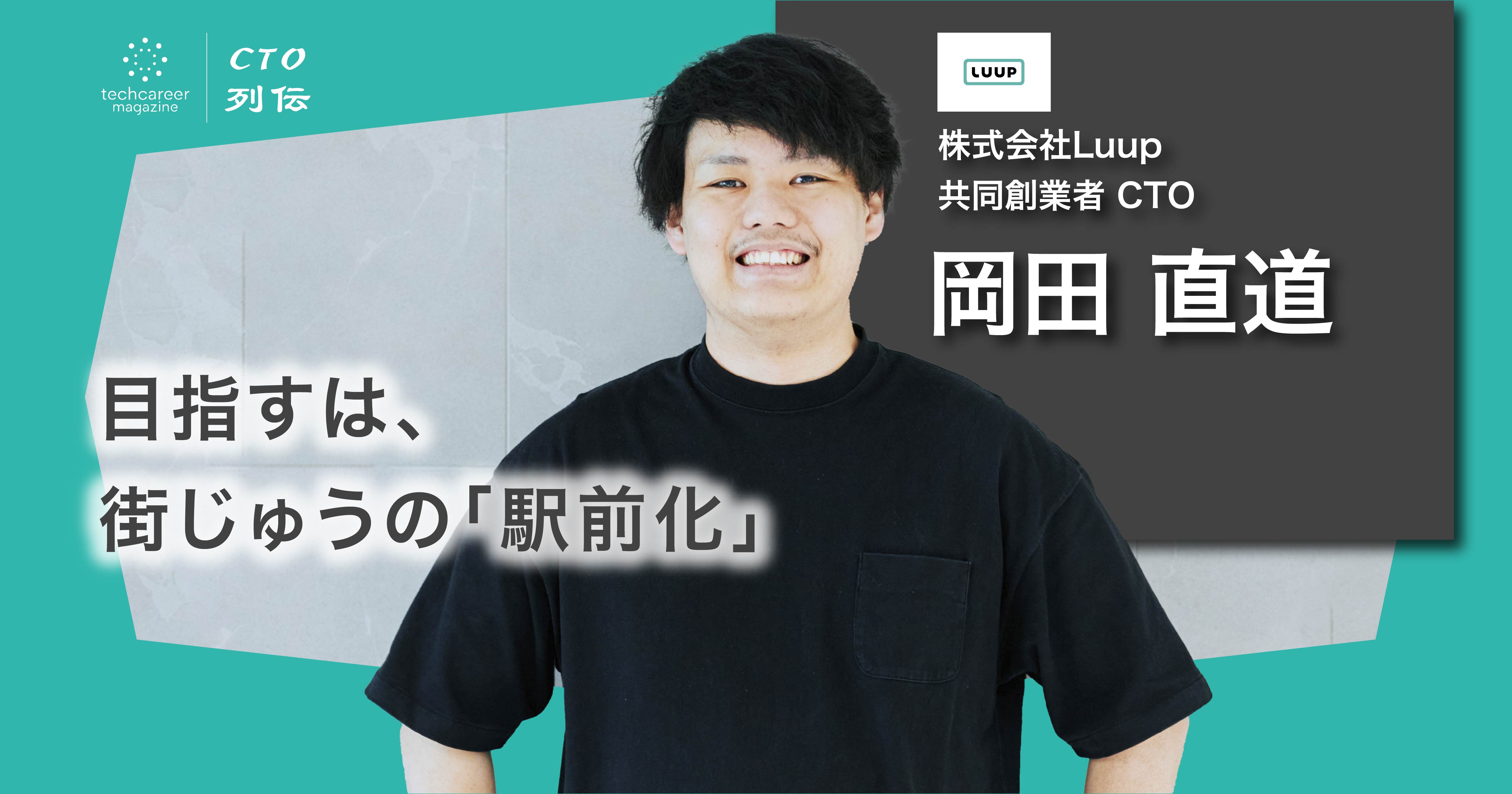AIとはなんですか? テレビや記事でよく見た話題ですが、日常生活で実際に活用することがそれほど多くないと感じています。おそらく多くの人々がAIについての印象はまだ映画の中で描かれたロボットかもしれません。確かにAIはまだまだ発展中のテックですが、実は多くのコンセプトが普段の生活に導入されています。そして、人々の生活を良くするため、各国ではAIテックに関する研究や開発が進んでいくでしょう。
今回の英会話はtechcareer magazineの記事をベースとしてAI technologyに関しての単語、フレーズやAI知識について紹介します。ご興味がある方は是非そちらの記事も読んでください。
What is AI?
Jean: Hey, Mike do you know what is AI stands for?
ね、Mike 、AIの意味を知っていますか?
Mike: Yes, why?
はい、なぜですか?
Jean: Well, I actually need to do a report on that. I thought you might know more about that.
まあ、それについてレポートを作らないといけないですから。 あなたがそれについてもっと詳しく知るべきかなと思いました。
Mike: I see. Well, AI simply stands for “artificial intelligence”. The idea was to mimic humans and animals intelligence.
そうですか。 まあ、AIは単に「人工知能」の略です。 それは人間と動物の知性を模倣するものです。
Ex: FBI stands for Federal Bureau of Investigation.
FBIはFederal Bureau of Investigation(連邦捜査局)の略です。
mimic: まねる
Ex: Children often mimic their parents and teachers.
子どもたちはよく親や先生のまねをする。
Big concepts
その1:IoT
Mike: AI also has a close relationship with the idea of IoT.
AIはIoTとも密接な関係があります。
Jean: Heard about that, but not sure exactly what is it.
聞いたことがありますが、それが一体何であるか? よくわかりませんですけど。
Mike: It stands for “Internet of Things” which means every object can be connected to the Internet for information exchange and to make people’s lives more convenient.
IoTは“モノのインターネット”の略で、あらゆるオブジェクトが情報交換のためにインターネットに接続され、人々の生活をより便利にすることです。
Mike: For example, there are many household appliances can be connected to either a mobile or a PC nowadays. That is an idea of IoT application.
たとえば、今では多くの家電製品が携帯やPCに接続できます。それがIoTアプリケーションの一つと考えられます。
その2:Machine learning
Jean: What about machine learning? The term appears a lot nowadays.
機械学習は? この言葉は最近よく聞ききますね。
Mike: Machine learning explains the process of how a computer learns the rules of the human world.
機械学習はコンピュータが人間世界のルールをどのように学習するかのプロセスを説明します。
Jean: Wonder how could a computer does that.
どうやってコンピュータでそれができるのだろうか。
Mike: The actual process is complicated though; however, a computer learns to make a prediction by the data it saves. And human gives instructions to a computer by all the programming languages they type in. And of course, there is a lot of math involve during the process.
実際のプロセスは複雑です。 基本はコンピュータは保存したデータによって次の予測を行うことを学びます。 そして人間はプログラミング言語を通してコンピュータに指示します。そしてもちろん、その過程では数学は欠かせないことです。
Ex: Your contract term will be extended upon the completion of the renewal procedure.
あなたの契約期間は、更新手続きの完了時に延長されます。
* Data: 資料
Datumの複数形です。でも普段はdataで単数と複数の場合で使います。ほぼDatumを言わない。
* Complicated: (物が) 複雑さ; (事・状況・仕事などが) 複雑な、込み入った
Ex: The situation is getting more and more complicated.
状況はますます複雑になっています。
Ex: It’s too complicated to explain
説明するには複雑すぎます。
* Involve:(不可欠なものとして)…含む; (人)を参加させる、(人)を巻き込む
Ex: I’d like to know in detail what this job involves.
この仕事の内容を詳しく知りたいのですが。
Ex: He is involved in this robbery case.
彼はこの強盗事件に関与している。
これは書面や会話でもよく使う単語なので、覚えったら便利です!
その3:Supervised learning
Mike: Also, there are mainly 3 ways for a computer to carry out this learning process.
また、コンピュータが学習する方法は主に3つあります。
Jean: What are they?
そうですか。何ですか?
Mike: The first one is called “supervised learning” which means human involve in the learning process of a computer making sure computer is giving the output we expect by sorting out the input we give.
1つ目は「教師付き学習」と呼ばれ、人間がコンピュータの学習過程に監督し、コンピュータが与えられたデータによって、我々は予想通りの答えを出すすることです。
Ex: We will carry out the plan as scheduled.
計画通りに計画を実行します。
その4:Unsupervised learning
Mike: The second one is obviously called “unsupervised learning”. The computer will try to figure out the similarities and the characteristics among the data human give by itself.
二つ目は明らかに「教師なし学習」ですね。 コンピュータは人間が与えるデータ間の類似点と特徴を自分で理解しようとします。
Jean: So basically, it is like learning without a correct answer.
基本は正しい答えがなしで学ぶようなものですね。
Mike: Exactly. Think about how children learn about the rules and the world around them. Indeed, they are trying to figure out things by themselves at first without anybody teaching them or telling them the correct answer.
その通りです。 子供たちが自分たちの周りのルールや世界についてどのように学ぶかについて考えたらわかると思います。 実際、子供は誰かに教えたり、正しい答えを得たりすることなく、最初は自分で物事を把握しようとします。
Jean: That is a long way to go.
それは長いプロセスですね。
Mike: It is. But it also opens up more possibilities.
そうです。 しかしそれはまたより多くの可能性があります。
Ex: I can’t figure out what’s behind it.
原因がよく分からないですが。
Ex: No one can figure him out.
誰も彼を理解できません。
Ex: It took the team a week to figure out the problem.
問題の原因が分かるまで一週間かかりました。
これはかなりな便利フレーズです。会話でもよく使えます!
* Similarity: 類似性
The similarity between humans and animals:人間と動物の類似
similar: 類似の
* Exactly:日常会話でよく使います。“その通り、間違いないです”という意味があります。
* long way to go これも会話で出てくる便利フレーズです。意味はまだまだ頑張れるところがありますということです。
Ex: You still got a long way to go.
あなたはまだまだ先は長いですね。
その5:Reinforcement learning
Mike: The last method is called “reinforcement learning”. This one really pushes the limit of how a computer can generate the data by itself and come up with some very valuable information that people didn’t realize.
最後の方法は「強化学習」と呼ばれます。 これは、コンピュータが自分自身でデータを生成する方法の限界を押し広げ、時に人間が気付いてなかった非常に貴重なものを発見できます。
Jean: That is true. It is really amazing to see how technology makes our lives better in so many ways.
それはそうです。テクノロジーが私たちの生活をどのように多くの点で向上させるかを見るのは本当に素晴らしいです。
Mike: Yeah, AI technology really has been applied to so many dimensions.
ええ、AI技術は本当に多くの分野で導入されてきました。
I didn’t realize that you were there.
あなたがそこにいたことに気づかなかった。
* realize a common goal: 共通の目標を実現する
* Dimension:次元;(物事の)範囲、程度、規模
* 2 dimensions / 3 dimensions: 2次元 / 3次元
Let’s talk about how AI works in our daily lives
その1:音声認識技術 speech recognition technology
Mike: One of the most prevalent AI applications today is the speech recognition technology.
今日最も普及しているAIアプリケーションの1つは音声認識技術です。
Jean: That’s right. It is either on your smartphone, a computer or a robot.
そのとおりです。 それはスマートフォン、コンピュータ、またはロボットのどちらにもあります。
Mike: Right
そうです。
Ex: This disease is said to be more prevalent among men than among women.
この病気は女性よりも男性の間でより一般的であると言われています。
* prevalent symptom: 一般的な (よく見られる)症状
* most prevalent theory: 一番有力な説
* prevalence: 普及, 流行
– prevalence estimation: 罹患率推定
– prevalence study: 有病率研究
Recognition: 識別、認識
Ex: John’s face is injured beyond recognition due to a severe car accident.
Johnの顔は重大な車事故のせいで本人だと分からないほどに傷つけられていた。
* recognition difficulty: 認識困難
* recognition for someone’s achievement: (人)の業績 (成果) に対する正当な評価
その2: ドローンdrone
Mike: Another technology that is getting more popular with the help of AI is the UAV also known as drone.
AIの力を借りてより普及されているもう一つの技術はドローン(無人機)としても知られているUAVです。
Mike: It is now being applied in many different fields such as agriculture, rescue activity, and of course, most commonly the logistics industry.
農業、救助活動、そしてもちろん最も一般的な物流業界など、さまざまな分野で今は活用されています。
Jean: I just read about the News that Amazon is going to launch a new delivery service using drones.
私は、Amazonがドローンを使って新しい配送サービスを始まるというニュースを読んだばかりです。
Mike: It can definitely cut cost and improve efficiency, so why not?
確実にコストを削減し、効率を向上させることができます。やるべき価値があると思います。
Ex: Pa Pa Jones is known as the best restaurant in town.
Pa Pa Jonesは町で最高のレストランとして知られています。
*agriculture: 農業
-agriculture forestry and fisheries: 農林漁業
* logistics: 物流
* efficiency: 効率
-efficiency measurement: 効率測定
-efficiency improvement: 効率向上
その3:自動運転 self-driving car, driverless car
Jean: Self-driving car is also one futuristic technology that is under experiment too.
自動運転車も実験中の未来技術のひとつですね。
Mike: Exactly. With the apply of AI technology, it does not only make it safer but also can predict road conditions to avoid congestion as well.
その通りです。 AI技術を適用すると、安全性が高まるだけでなく、道路状況を予測して渋滞を回避することもできます。
* under experiment: 実験中
* congestion: 渋滞
その4:介護 Nursing care
Jean: Nursing care industry has become more efficient because of AI technology too.
介護産業はAI技術のおかげでより効率的になりました。
Jean: It can really help to relieve the stress of the shortage of labor in this industry.
それは本当にこの業界での人手不足のストレスを軽減するのに役立ちます。
Ex: This medication can help relieve your pain
この薬はあなたの痛みを和らげます
* relieve anxiety: 不安を消す
* relief: It’s a relief that it’s all over.
全部終わってホッとしている。
* shortage: 不足
-shortage of fund: 資金不足
-shortage of human resources: 人材不足
* labor: 労働者(力)
その5:災害の防止 disaster prevention
Mike: Disaster prevention is one major field that AI technology can have a big impact.
防災は、AI技術が大きな影響を及ぼす可能性がある主な分野の1つです。
Mike: Nowadays, data generated by an AI technology can be used in many ways such as the prediction of next disaster, rescue, etc.
今日、AI技術によって生成されたデータは、次の災害の予測、救助など、さまざまな用途に役立ちます。
Ex: Michael Jackson impacted me greatly of becoming a singer.
マイケルジャクソンは私に歌手になることに大きな影響を与えました。
Influence: 影響 良いこと、悪いこと、どちらの影響に対しても使えます。
一般的には会った人、接触があった人に対して使います。
Ex: My high school teacher influenced me to become a doctor.
私の高校の先生は私に医者になることに影響を与えましたた。
Ex: This decision by the government will influence the lives of many in the country.
政府によるこの決定は、国内の多くの人々の生活に影響を与えます。
Inspire: 影響 基本的にポジティブな意味での影響に使われることが多いです。
Ex: Martin Luther King’s speech inspired me deeply.
マーティンルーサーキングの演説は私を深く刺激を与えくれた。
Affect: 影響 「impact」が使い方としては近いです。イベント、出来事などが主語になります。
Ex: The earthquake affected many people.
地震は多くの人々に影響を与えました。
Ex: I like Japanese food such as Sushi, Ramen, rice bow with beef.
私は日本料理が好きです。例えば寿司、ラーメン、牛丼。





















